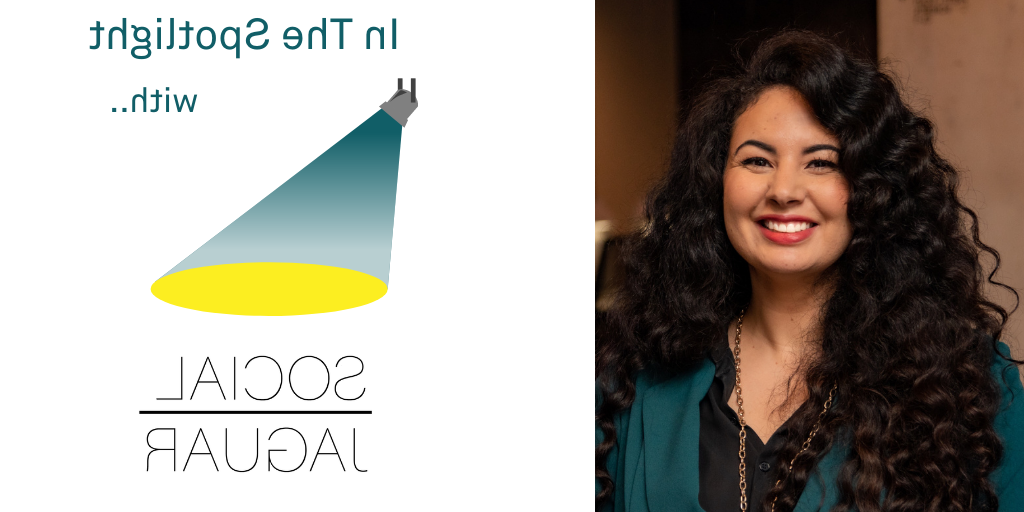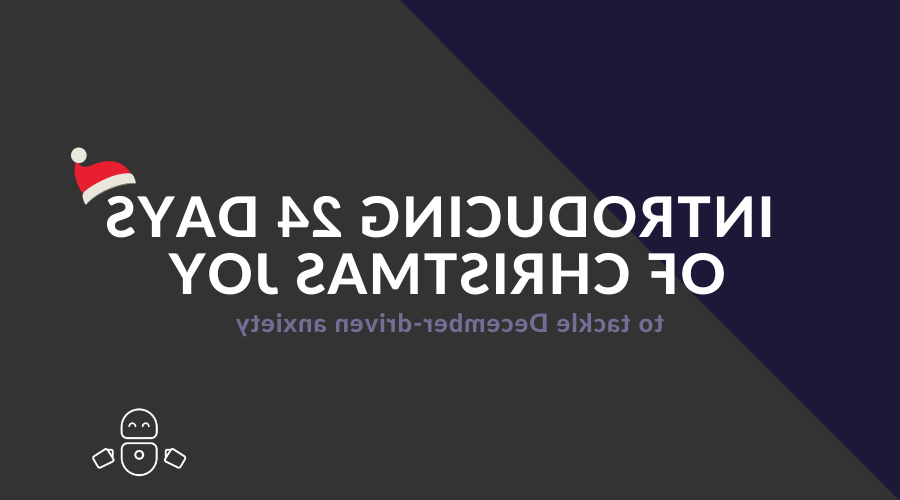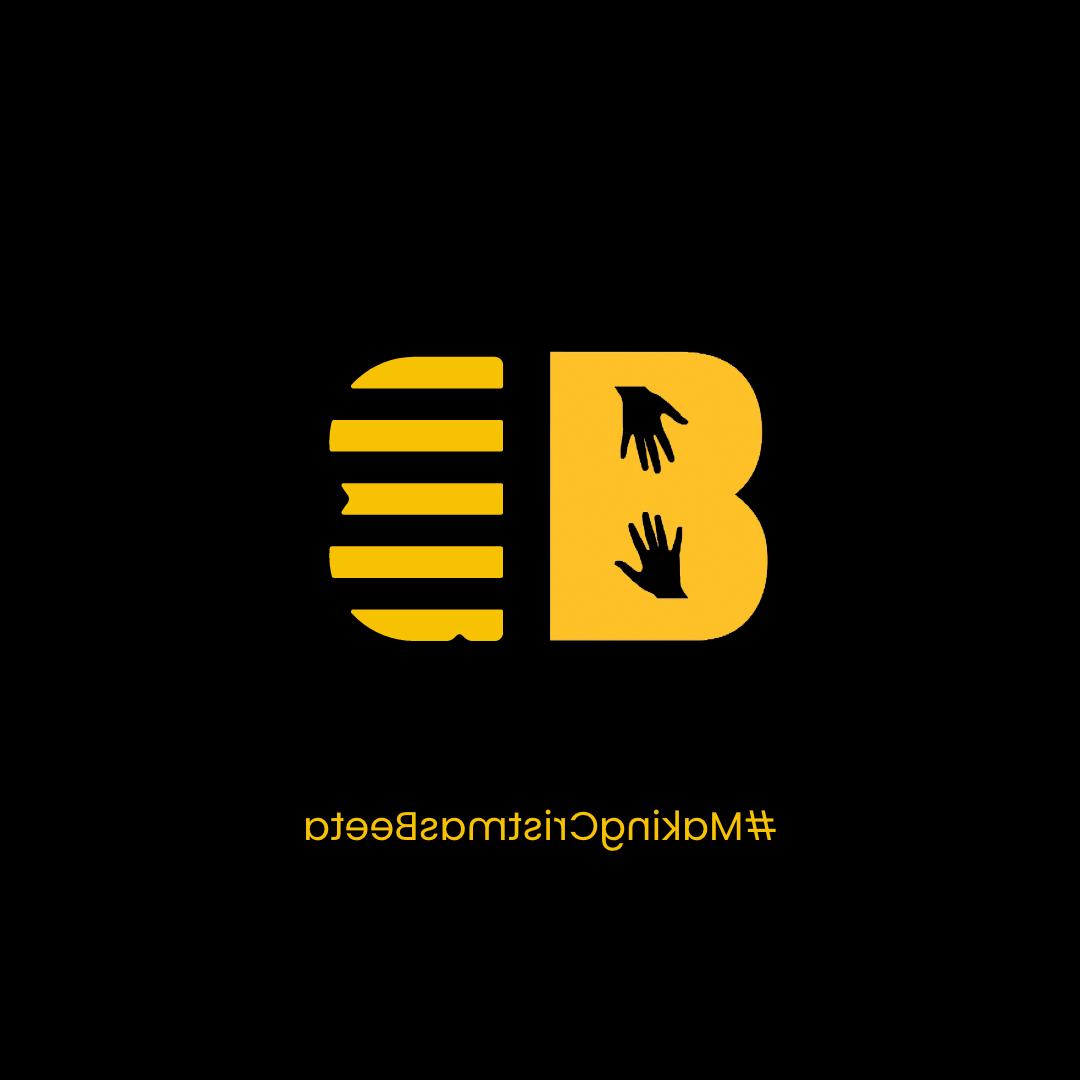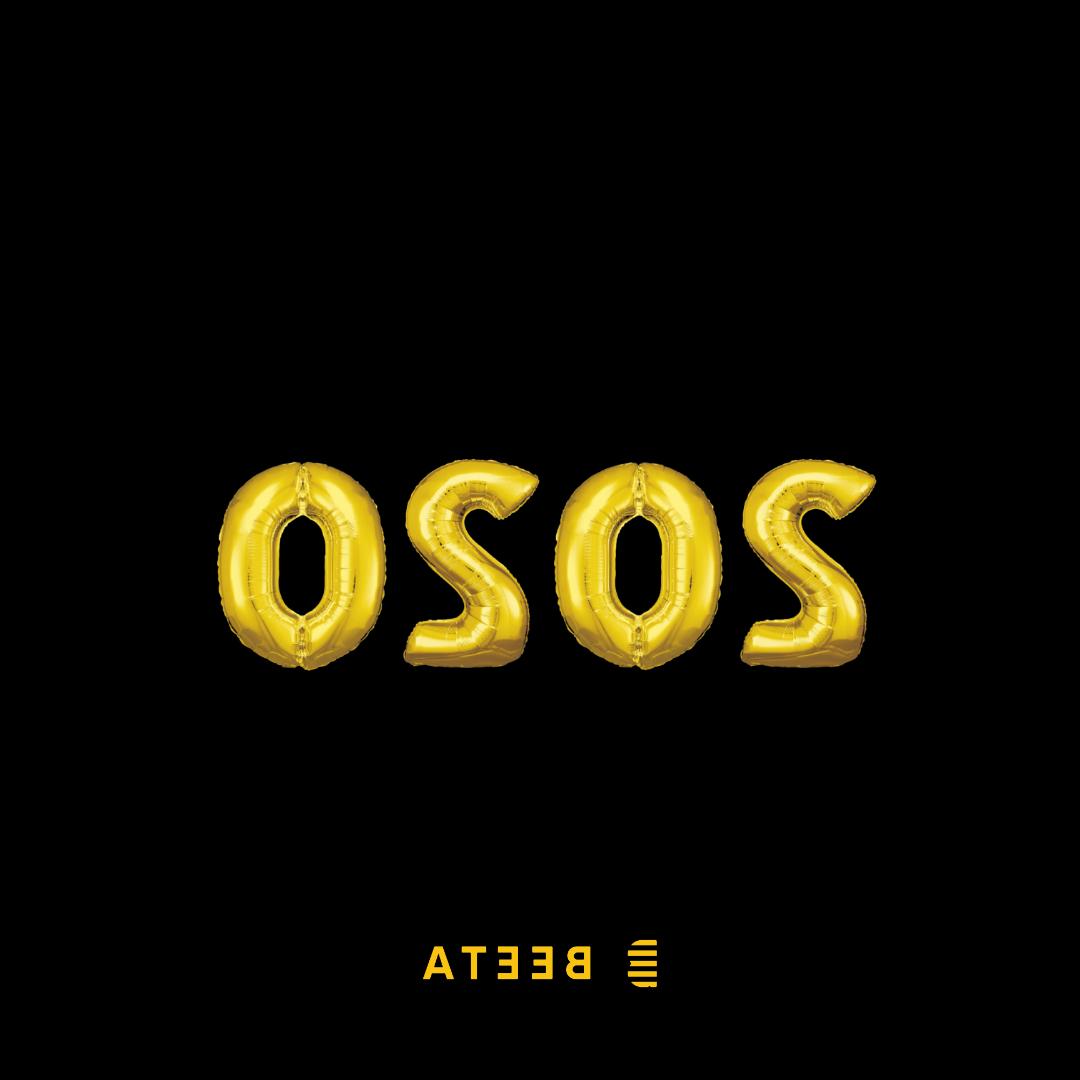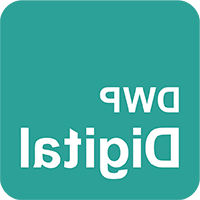估计已经结束了 1000亿年 WhatsApp每天都会发送消息. 然而,, with many people using the platform to communicate with colleagues, 朋友, 甚至是客户, it’s easy to imagine how the lines between personal and professional can be blurred.
Take the recent leaking of WhatsApp messages from Matt Hancock as an example. Private texts from the former health secretary to government ministers were disclosed to the press; many of which contained the type of language you definitely don’t want exposed. 虽然这是一个备受瞩目的故事, it does demonstrate that even platforms that you may consider to be less formal can still be taken and used in a way they were not originally intended.
在工作沟通中使用WhatsApp
What does this mean for these seemingly more informal platforms that are used in the work environment? Is it right for businesses to communicate with customers on WhatsApp or should that be reserved for personal relationships only? What is good practice on these networks and how does it apply to a business scenario?
我就是其中之一 几乎 sending a client an ‘x’ at the end of a message on WhatsApp. It’s a platform that I use a lot in my personal life, including to communicate with my early 20 something children, so it’s unsurprising that personal habits can easily slip into work communications. But with one view on policy (I sit next to the HR manager at work) and one view on wanting to be the ‘fun’ business partner that our values espouse, treading the fine line between professional and ‘pally’ can be difficult.
什么是正确的政策?
Communication on WhatsApp is always going to be more informal than on email 但 whether you are talking to your clients or your colleagues it is worth remembering that this is still a piece of work communication and should be treated as such. The use of emojis with colleagues might be perfectly acceptable 但 be considerate of this approach if you happen to be WhatsApp’ing the marketing director of a large multinational corporation. Their response to a winky face might not be the same  .
.
我们面临的挑战, 作为一个企业, is that sometimes the client contacts are more responsive on WhatsApp than they are on email and if you are looking for an immediate response to a question then this platform can be much more effective. (And if the client has the settings right you can also see when it has been read!) I believe that the general rule of thumb should be something like this:
- If it’s a client you are communicating with then remember that you are still representing the company. Think about the language you are using and how familiar you are being.
- If you are talking to a colleague then familiarity can be perfectly acceptable 但 there are still certain types of communication that should be delivered in a more formal manner. Judge each message on its merits and if in doubt … don’t send it!
There is an exception to this general rule of thumb (isn’t there always?). WhatsApp groups where people agree to join can be incredibly useful for the exchange of ideas and to build relationships with people. At Skout we have just launched such a group for our client contacts which is a useful platform for sharing challenges and supporting each other with solutions. It’s a much less formal way of communicating too which means you can also create a fun and lighthearted conversation which may not happen on any other platform.
不像马特汉考克, it is highly unlikely that anyone is ever going to read through our WhatsApp message history or look at the accounts we follow on social media 但 what his case does make clear is that messages can easily be taken out of context. Guidance to all of our team is to be considerate of your audience and the platform that you are using. Remember who you are talking to and think about whether you would communicate with them in that way on any other platform. With this common sense check in place, we should remain out of hot water and out of the headlines.
